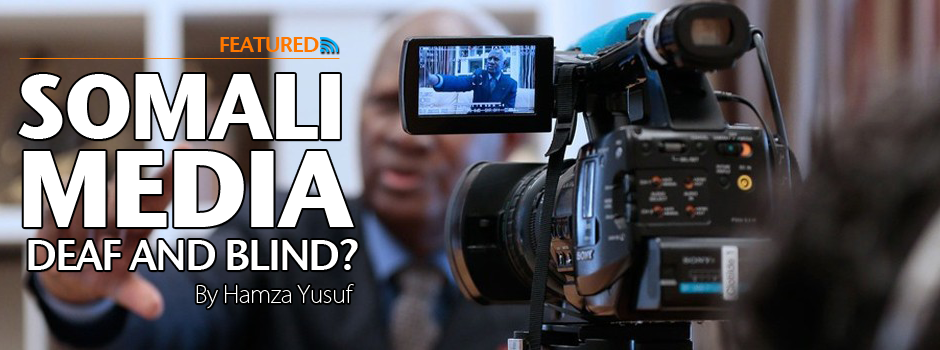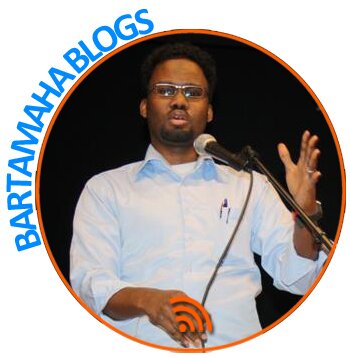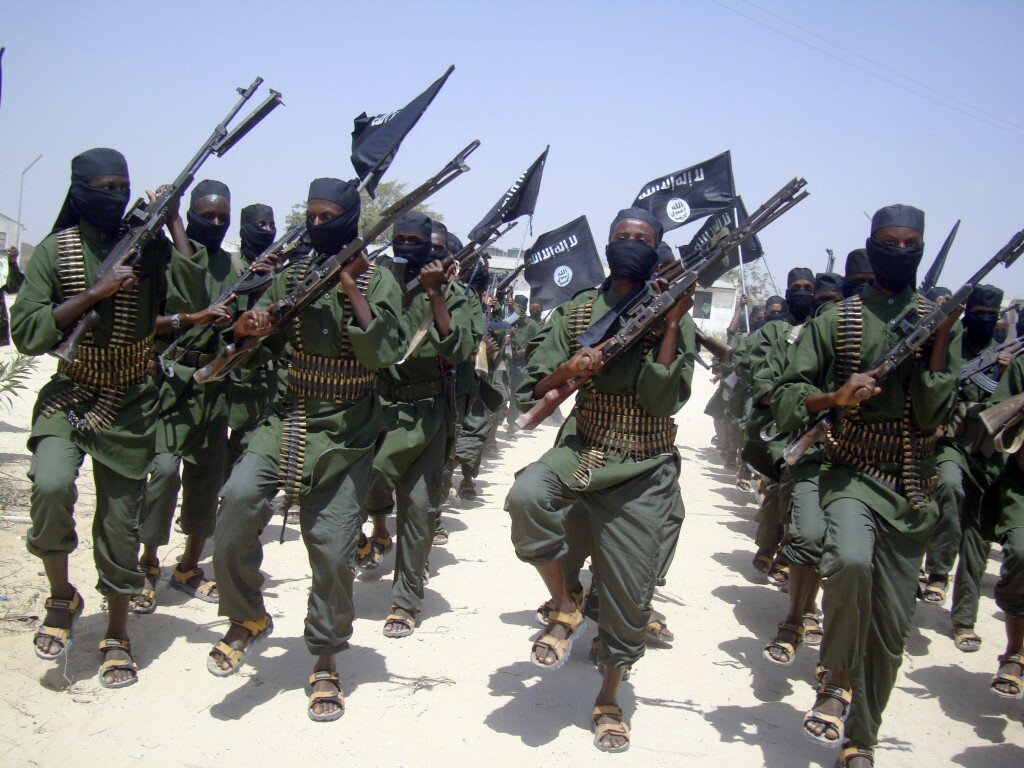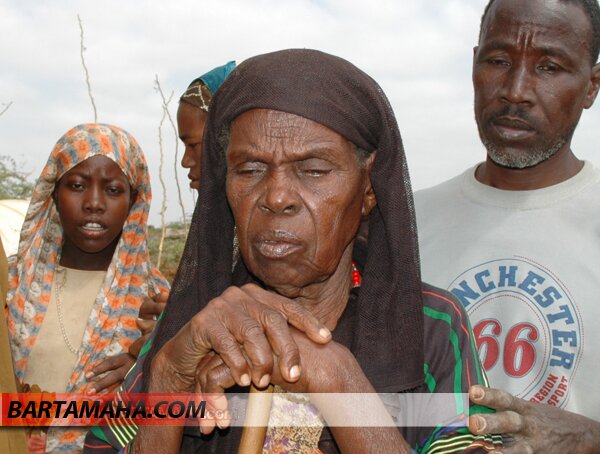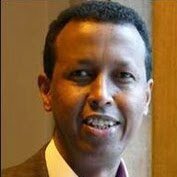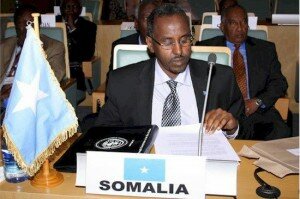Japanese Own GMO Announced Launch Date for .SO Domain
CCTLD SOMALIA. CRITICAL INTERNET INFRASTRUCTURES. WHAT WENT WRONG?
As a sovereign nation; there are three pillars of government to function properly
Communication Infrastructure (Country Gateway 252 Country Domain “.SO” – currently is in the hands of local gangs, and now Foreign Company)
Financial Infrastructure “Central Bank” currently is in the hands of Hawala – Organized Economic Criminals”
Executive Branch; Parliaments, Police Force, and Military. LAW and ORDER – None exist
In the real world, people are willing to pay more to live in a fancy neighborhood. They want to live in a nice district if they can afford it. Which factors are decisive in making one Neighborhood nicer than others? This depends on
(1) Whether the neighborhood is convenient to get connected to other cities,
(2) Whether the neighborhood has a good infrastructure people can take advantage of by living in it and
(3) Whether the neighborhood has a positive “brand image”, making people associate its name to that of a nice neighborhood.
In the virtual world, an increasing number of people have become aware of the need to secure their own spaces on the Internet and they are willing to pay higher prices for fancy domain names. And for those who do not wish to comply any laws, rules or regulations such as Pornographic companies, and terror groups. Some are willing to pay several millions of dollars for particular domain names on the Internet. The rules that determine what are the fancy domain names on the Internet seem to be similar with those of real world real estate industry. Namely, the value of a domain name depends on
(1) Whether the domain name is easy to remember and type in,
(2) Whether the domain name is managed by a country with a trustworthy infrastructure, so people can take advantage of it by using the domain name, and
(3) Whether the domain name has a positive brand image, with widespread awareness of the domain name’s quality.
Domain names are not just simple identifiers on the Internet but Internet entities that enable people and institutions to exist in virtual countries. With the perception of domains as a kind of infrastructure in mind, country code top level domains (ccTLDs) operators compete with generic top level domains (gTLDs) operators, as well as other ccTLD operators, to attract more citizens under their own territories.4 The infrastructure aspect of domain names on the Internet under ccTLDs has also drawn the attention of state actors, making them realize that these critical infrastructures are managed by non-state actors without previous agreement with national authorities.
I firmly believe Public business should be conducted publicly. This particular corruption reminds me of the famous quote “Shall one who hates justice govern?”
The Registry operator for the ccTLD (Country Code Top Level Domain) for the Republic of Somalia, .so (dot SO) has announced a launch date to begin registrations. According to the SO Registry, the ccTLD was re-delegated to the Ministry of Post and Telecommunications this past April by ICANN. The Application was submitted on June 9, 2010 for the SO Registry at the ICANN International meeting which was held in Brussels, Belgium when the registry sponsored the event.
The SO Registry announced, rather quietly, that it will begin registrations in the name space on November 1st 2010. The launch model will follow the standard protocol; commencing with a “Sunrise” period — a trademark claims period in which trademark holders can claim first rights to their trademarked names. Applications during this 30 day period with multiple legitimate contenders will go to auction.
The Sunrise period and auction will be followed by a Landrush period in which names will be sold for 10 USD / year (names that have multiple applicants will go to auction). And, finally, it is anticipated that the
The conflict-torn Somalia took over it, without demonstrating the political will as well as investments, training and technical operations that is essential requirements for any nation that want to manage their own domains.
Most African domains remains substantially underdeveloped, and are not able to participate meaningfully in fast-tracking Internet penetration in their countries; there is still the issue of acquiring necessary skills to run successful domains, plus the need for some governments to come on board to assist their country domains through funding and other support measures
Somalia (.so) got back their domains within a year of the application. With no communication infrastructure, no telecommunication policy in place; how did Somalia delegation convinced iCANN and passed the entire requirement to release the country top-level domain .so. Countries like Rwanda (.rw) and the Democratic Republic of Congo (.cd) have been complaining about delays in getting their domains for the last three years and re-delegation is yet to be done, even though they’ve communication infrastructure, legislation put in place and resources to manage their own domain in a respect level
Lack of political will to support African TLDs through proper security, financial and other investments has prevented most domains from functioning at acceptable global standards
To my surprise one of the basic requirements for any nation to get their TLD through iCANN application for their ccTLD is “country must put in place and pass Legislation for internet users. It is required to have it in place before the ccTLD application and in order to speed up re-delegation process, because once a country passes a law on how Internet resources will be managed and regulated, whoever is managing and in charge must reside the country of ccTLD locally, then ICANN has to comply”.
The .so domain registry ccTLD is not operated by local Somali organization or the Ministry of Post and Telecom, in a way that best serves for the interest of Somali citizens, and Somalia Internet Society at large. Also the full operation of .so is illegally established and geographically locates in Japan and it IANA administrative contact does not reside inside Somalia.
This is a pure violation as described in the .so registry agreement, the re-delegated organization GMO clearly states any rule, policy with the respect of .so ccTLD will be govern the laws of Japan. What this means is that all the PORNAGRAPHIC site can easily register their domains in .so without any rules and regulations to comply, same as all the terror group who want to put their message in world wide web.
The ccTLD country of Somalia (.SO) security and integrity of the Somali People are in jeopardy; and this has to be prevented and stopped as soon as possible.
Since the collapse of the Republic of Somali in 1991 there were no laws, rules or regulations put in place in Somalia, for that reason alone; this re-delegation for the country ccTLD .so is ILLEGAL according to the procedures, and policies set forth by ICANN. (See below a & b)
The prospective Manager supervises and operates the domain name from within the country represented by the TLD (ICP-1; RFC 1591 3.1)
The prospective administrative contact must reside in the country represented by the TLD (ICP-1; RFC 1591 3.1)
The full operation of .so registry is illegally established and geographically locates in Japan and the IANA administrative contact does not reside inside Somalia.
In the old days of Post and telecommunication,”who should administer a ccTLD” was an implementation decision taken as part of a research project, except in some cases. Namely, as part of its experimental global research, Postel allocated a small number of ccTLDs to academics or researchers each year, without governments being aware of such research project related to symbolic identifiers for countries on the Internet. Minister of Post and Telecommunications delegation practice was later to cause a series of national ccTLDs disputes when governments finally learned that non-state actors administer ccTLD resources without any consent from state actors.
References:
1 – http://www.icann.org/en/committees/gac/gac-cctldprinciples-23feb00.htm
2 – http://www.ijclp.net/files/ijclp_web-doc_10-13-2009.pdf
3 – http://www.iso.org/iso/country_codes/iso_3166_code_lists.htm
4 – http://www.wipo.int/amc/en/domains/complainant/index.html
5 – http://blog.lexsynergy.com/2010/09/so-another-cctld-launch-somalia.html
6 – http://www.iana.org/domains/root/db/so.html
BY:-Eng Ismail D. Osman
Email: [email protected]
Comments
comments
 Calendar
Calendar





